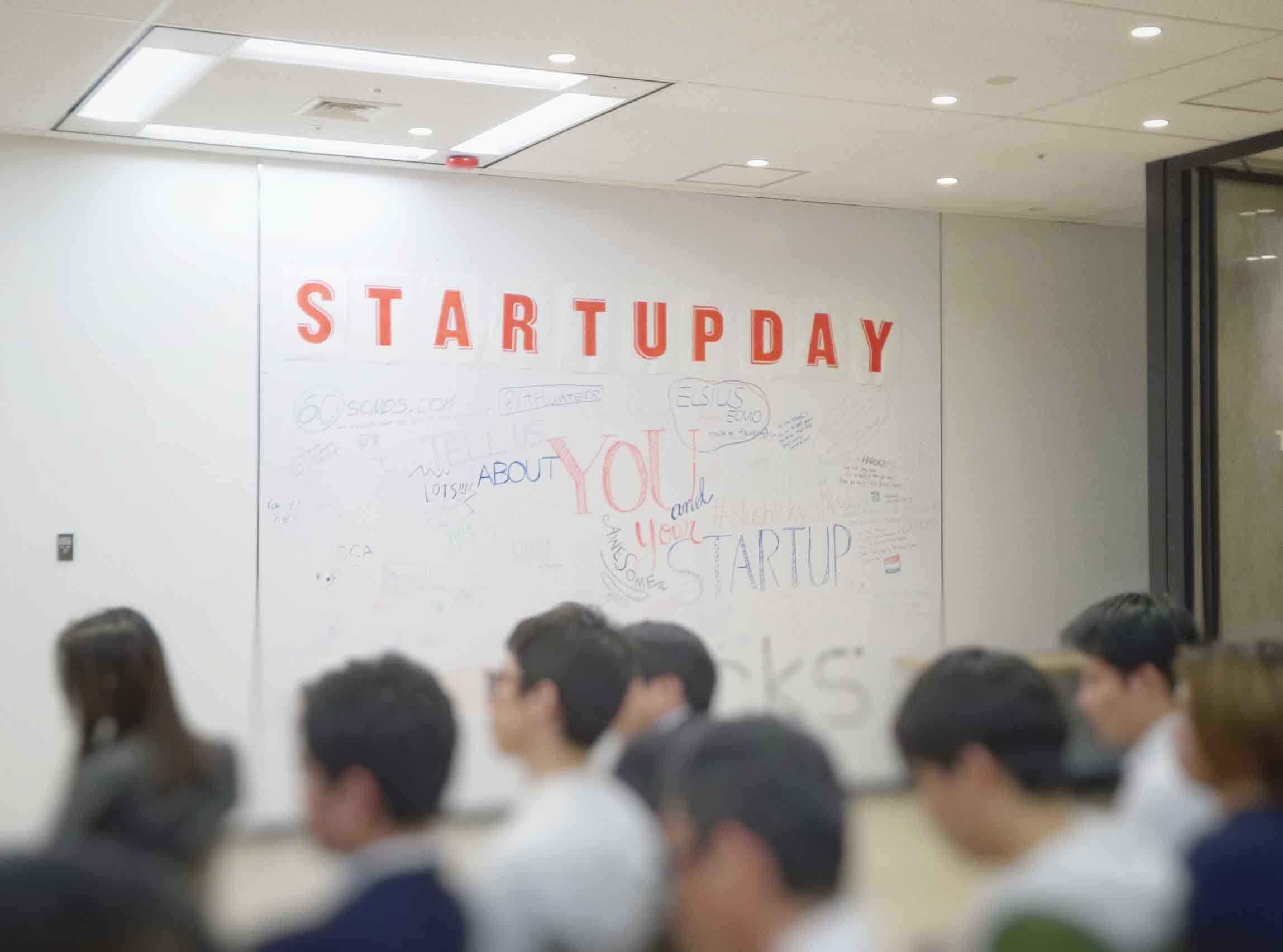Innovation through collaboration – Perspectives of established companies and startups on forms of collaboration
The increasing popularity of innovation programmes and cooperations between startups and automobile manufacturers and suppliers or companies from the mobility sector raises the question of which different forms of cooperation there are between corporates and startups and how these are evaluated by them. As part of a research project at the University of Hohenheim corporates from the automotive and mobility sectors as well as German startups dealing with topics such as autonomous driving, smart parking or car sharing were interviewed. Various forms such as mentoring, joint innovation projects or venture capital funds formed the basis that was assessed by the startups and corporates with regard to the expenditure and potential benefits.
 Startups see the least effort in an exchange of experience and results. The reason for this may be that the non-binding exchange does not require any special preparations and is therefore associated with low transaction costs. Joint development projects have the highest potential for benefit, since in these projects the previously gained knowledge can be converted into concrete new products or processes and be applied commercially. Since product tests by experts of a corporation show a higher benefit potential than joint trainings between startups and corporates at the same effort, the result of the product tests seems to have a higher relevance for startups. The feedback regarding new products is more beneficial and just as time consuming as jointly conducted seminars.
Startups see the least effort in an exchange of experience and results. The reason for this may be that the non-binding exchange does not require any special preparations and is therefore associated with low transaction costs. Joint development projects have the highest potential for benefit, since in these projects the previously gained knowledge can be converted into concrete new products or processes and be applied commercially. Since product tests by experts of a corporation show a higher benefit potential than joint trainings between startups and corporates at the same effort, the result of the product tests seems to have a higher relevance for startups. The feedback regarding new products is more beneficial and just as time consuming as jointly conducted seminars.
Large companies see the least potential benefit in the implementation of training courses for startups. It is possible that the one-sided transfer of knowledge from the company to the startup is decisive. Joint ventures, in turn, are associated with the highest effort. In addition to assuming risks, the company must also contribute a variety of resources and therefore feels a high level of expenditure. In a direct comparison of corporate venture capital (CVC) and venture capital funds (VCF), the investment in VCF is associated with lower potential benefits and costs for large companies. The higher benefit of CVC can be related to the fact that not only financial benefits are gained, but also strategically important insights e.g. into the technologies of the startup. With VCF, the benefits relate purely to financial aspects. In VCF, the fund manager takes over the handling of startups, whereas in CVC the company itself is in contact with the startup and supports the development of technologies and so on.
On the basis of the results, guidance can be made for both parties. In general, forms of cooperation are recommended in which the potential benefits exceed the costs. These forms are located in both diagrams above the diagonal. In special cases, forms below the diagonal may also be useful.
For startups that have not yet had any experience with cooperations, forms with relatively little effort make sense. It is therefore recommended to initially enter into cooperations that are located in the first third of the graph. If a startup has already gained initial experience and learnt to work with large companies, forms can be successfully implemented with greater effort.These startups should rather participate in an incubator or accelerator program or have product tests carried out by companies.
Forms of cooperation below the diagonals are viewed critically for companies too as a higher effort was indicated than the benefit. Nevertheless, incubator programs, for example, should not be excluded in principle. The effort can initially be very high, since the program must first be planned and established. In the long run they can be promising due to the intensive and long-term oriented contact with startups. Even for companies which haven’t gained any practical experience yet, forms with little effort such as an exchange of experience and results or a joint visit to a trade fair are recommended. Experienced companies can also choose forms that require a little more effort, such as joint innovation projects.

Assessments of effort and potential benefits by startups including guidance

Assessments of effort and potential benefits by companies including guidance

Carolin Nill completed her studies in Management at the University of Hohenheim with a master thesis on the perspectives of established companies and startups on joint forms of innovation cooperation. During her studies she focused on entrepreneurship, human resource management and marketing. She gained professional experience at Endress+Hauser Conducta and Ernst & Young. Since completing her studies, she has worked as a personnel officer at itdesign GmbH in Tübingen. Ambi-Vation supported the master thesis and is pleased about the exciting research results.
About Ambivation

Ambivation connects innovative companies and startups for cooperation and innovation partnerships. As an innovation consultancy and matchmaker, Ambivation promotes cooperation between established companies and startups within the framework of concrete customer, supplier and research partnerships. We support companies in the identification of needs, startup identification, startup evaluation and cooperation initiation with startups. Formats such as research on relevant startups, startup monitoring, strategic cooperation consulting or event formats such as startup tours serve this purpose. Our monthly newsletter also provides information on current examples of cooperation and events.




